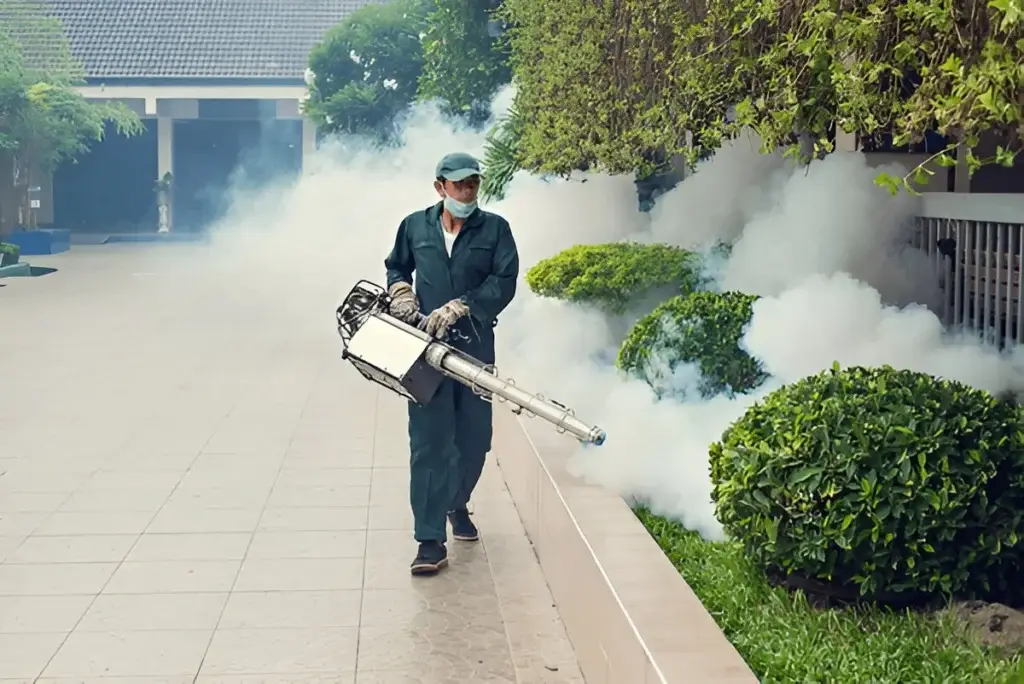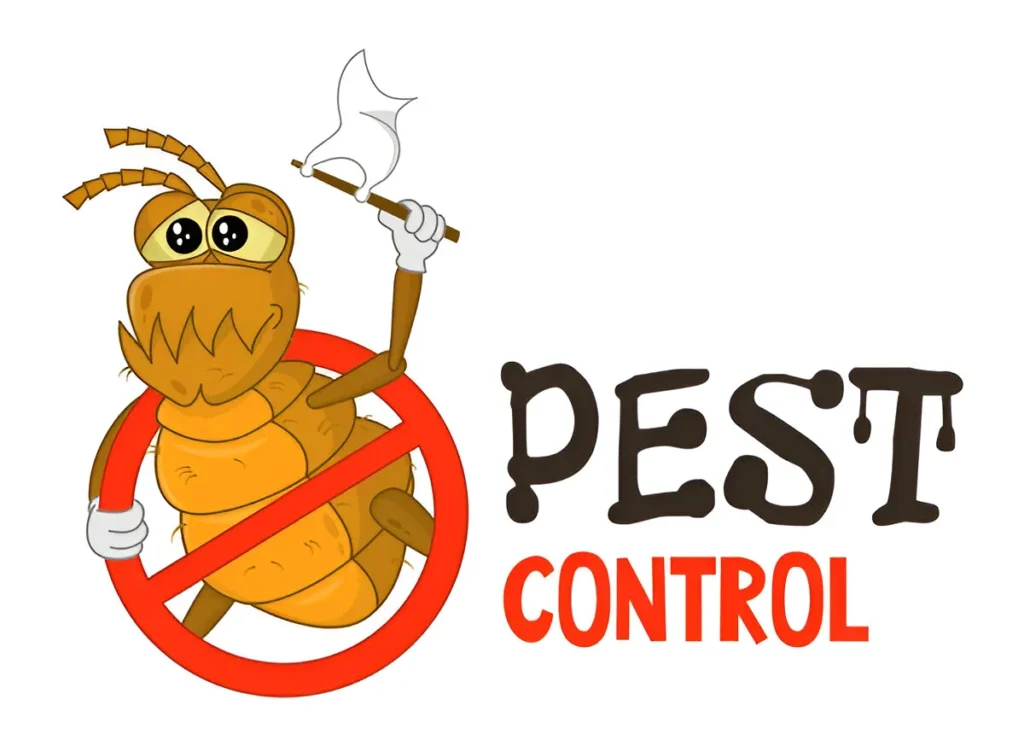-
Govind Bhawan,Kolkata - 700001
Govind Bhawan,Kolkata - 700001

Biological pest control offers safe and eco-friendly pest prevention with expert care from a reputed pest control company
Pest prevention has come a long way from traditional chemical sprays and harmful toxins. Today, biological pest control is emerging as a sustainable and eco-friendly alternative for managing pest populations.
But why is this method so important? And how does it work to protect your home, garden, or agricultural land without damaging the environment? Let’s dive into how biological control is changing the face of pest management.

Biological pest control refers to the use of natural predators, parasites, or pathogens to control unwanted pests. Instead of relying on chemical pesticides, this method introduces organisms that target and suppress the pest population naturally.
Some examples include:
This strategy focuses on restoring ecological balance rather than eliminating pests completely, which is essential for long-term prevention.
Traditional pest control methods often provide quick results but can harm the environment and non-target species. Biological pest control offers several advantages:

Here’s a step-by-step look at how professionals implement this eco-friendly method:
This process requires deep knowledge of ecological interactions, making it crucial to work with experts for success.
When it comes to implementing advanced techniques like biological control, the expertise of the best pest control company in Kolkata can make a big difference.
These companies:
This holistic approach ensures effective pest prevention without compromising safety or sustainability.
This method is effective across various settings:
Residential Spaces
Agricultural Fields
Commercial Facilities
Public Spaces

Q1. Is biological pest control as effective as chemicals?
Yes, especially when used as part of an integrated pest management (IPM) strategy. It offers lasting results without harming the ecosystem.
Q2. Can I use biological pest control in my garden?
Absolutely. Many homeowners use beneficial insects like ladybugs or predatory mites for natural pest suppression.
Q3. Are these methods safe for children and pets?
Yes. Since there are no harmful chemicals involved, they are much safer for your family.
Q4. Does biological pest control work indoors?
It’s primarily designed for outdoor settings, but certain methods can be adapted for warehouses or greenhouses.
Q5. How long does it take to see results?
It may take longer than chemical sprays, but the results are more sustainable.
As environmental awareness grows, biological pest control is proving to be an essential part of sustainable pest prevention. It’s not just about solving a pest problem—it’s about protecting our health, environment, and future generations.
Partnering with professionals who understand this method ensures every step is carried out safely and effectively, making your space pest-free in harmony with nature.